
On Being Yourself
Although there is a big necessity within Judaism for brotherhood and unity, a person isn’t meant to throw away his individualism to be part of a group.One must find one's own path in serving Hashem.

“And know that Man must cross a very narrow bridge, and the main thing is – never to fear.” (Likutei Moharan II:48)
It’s that time of year again, where we are blessed with a unique opportunity to plan ahead for a new beginning. It’s called the month of Elul, the month preceding the Jewish New Year Rosh HaShanah. In Aramaic, the language in which the Talmud was written, “Elul” means “search.” It’s at this time of year where Hashem is encouraging us to search our lives for what to be thankful for and what to correct and how we can come closer to truth in our desire to connect to Hashem.
Often times we see that people just don’t connect with who they really are. Growing up in the States for anyone is not an easy task. Although most of the population thinks of themselves first, these thoughts are being framed to fit an image that society is trying to paint for them. So in essence they aren’t free but are jailed to what society calls cool, or acceptable.
This same idea can also infiltrate our Judaism. For many people that have been born into religion or those who came into observing Judaism later in life, we are often put into boxes and we stick to them in order to fit in to the group. People that wear knitted kippas can’t be friends with black hatted ultra-orthodox people, or those 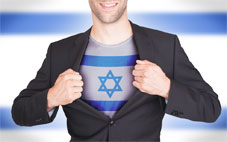 that aren’t religious aren’t good enough. These are all lies and we are commanded to love one another and to look for each other’s good points.
that aren’t religious aren’t good enough. These are all lies and we are commanded to love one another and to look for each other’s good points.
Although there is a huge necessity within Judaism for brotherhood and unity, a person isn’t meant to throw away his individualism to be part of a group.
Rebbe Nachman explains in Likutei Moharan about a verse in the book of Ezekiel that says “Avraham was one man.” Meaning that his direction in life was strengthened by the fact that he acted as if he was the only man in the world. He didn’t look at anyone else or compare himself to others. He didn’t try to live up to his father or mother or anyone. He found the truth that connected him to Hashem and went with it relentlessly.
As we approach a new year, where we all want to make it the best, it’s important to have this in mind amongst the challenges of being yourself. As Rav Shalom Arush explains, we can’t allow ourselves to be pushed off to the side in hopes of fitting in to be cool with everyone. This is how Abraham was, he was different but honest with himself and didn’t let anyone budge him. He stood against many enemy kings that all wanted him killed, yet he remained undeterred and single-handedly changed the world because he believed in one G-d against all the odds.
In our prayer liturgy within Judaism there is a certain part in the beginning prayer that we say “G-d of Abraham, G-d of Isaac, and G-d of Jacob.” Rav Arush explains in his epic work The Garden of Wisdom that it could have been written, “G-d of Abraham, Isaac, and Jacob.” He goes on to explain that it would be mistaken to do so, because by adding Hashem’s name to each of the forefathers it comes to teach us that each one of them had their own way of connecting to Hashem. Abraham served Hashem through love while Issac served Hashem with awe and Jacob served Hashem with unending dedication. Each had his own way in living their lives with a personal connection with Hashem. They all looked for their specific way of doing their best in life, but didn’t compare themselves to anyone else.
What does this mean for us? We all have to be connected to being ourselves, and to never think that we are better than others and also when we see others who are succeeding more than us, not to give up or think less of ourselves. We have to find our G-d given talents and put them to work, trusting that this is our path in staying spiritually attached throughout our lives. All we have to do is honestly ask ourselves “What does Hashem want from me now?” We have to be aware of the little signs he gives us and pick up the hints as to how we can stay more connected.
The famous kabbalist from Tzfat “The Holy Ari” was once asked how he attained his high level, he replied that he did each mitzvah joyously. That’s our mission for the New Year, to do our best joyfully in spirituality and never to fear as you cross the bridge of life.


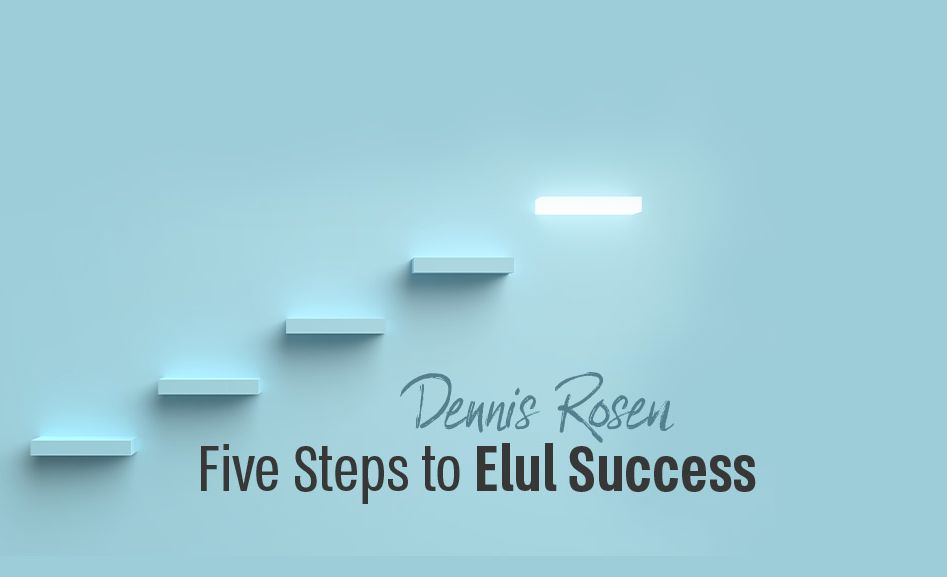
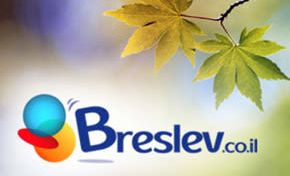

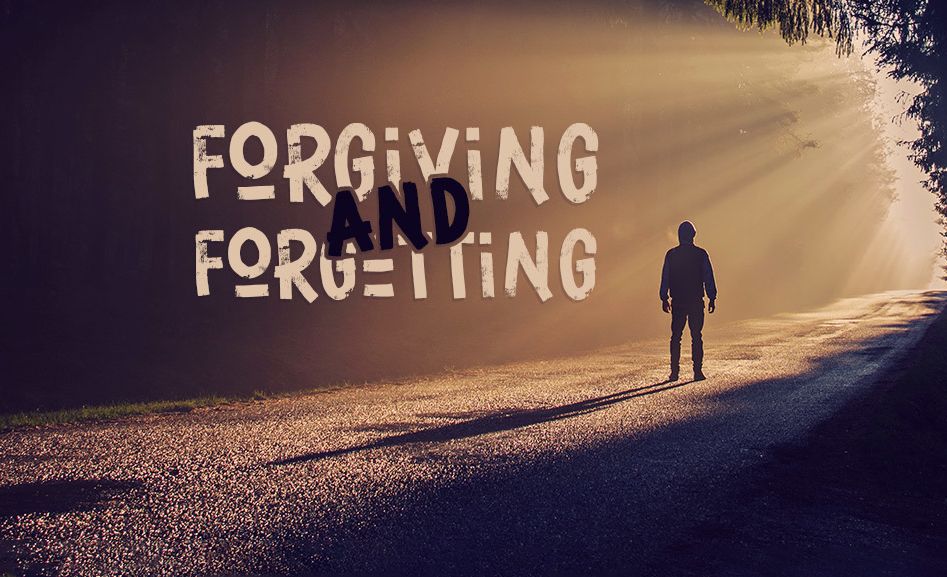
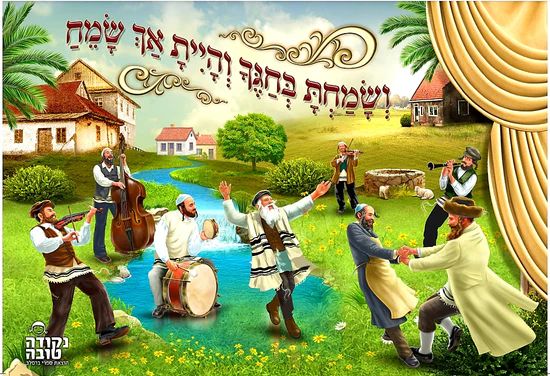

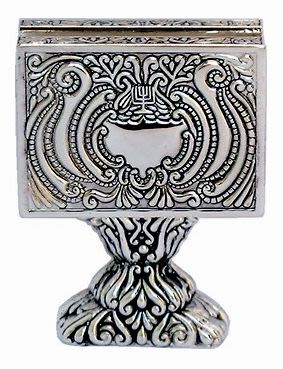
Tell us what you think!
Thank you for your comment!
It will be published after approval by the Editor.